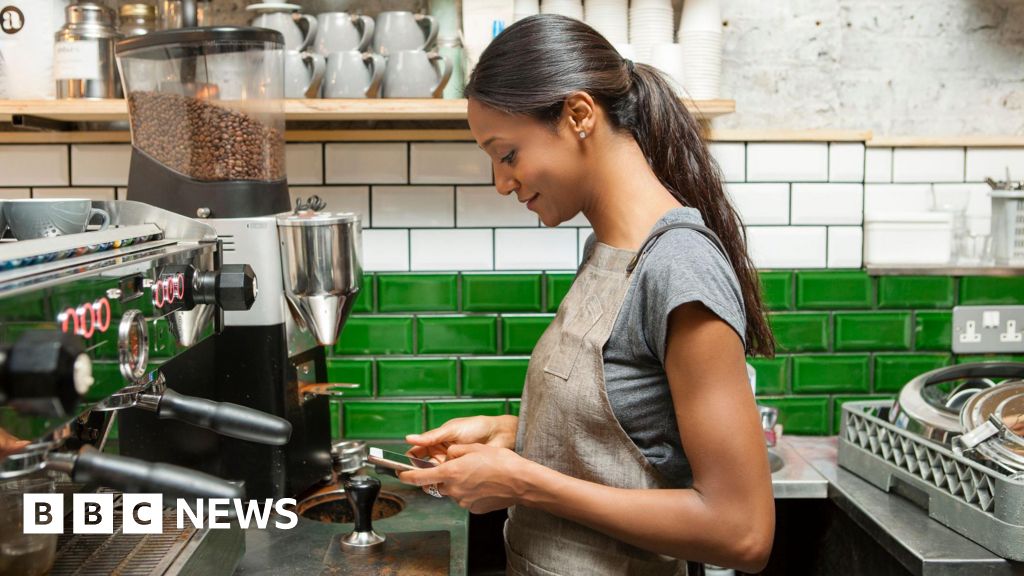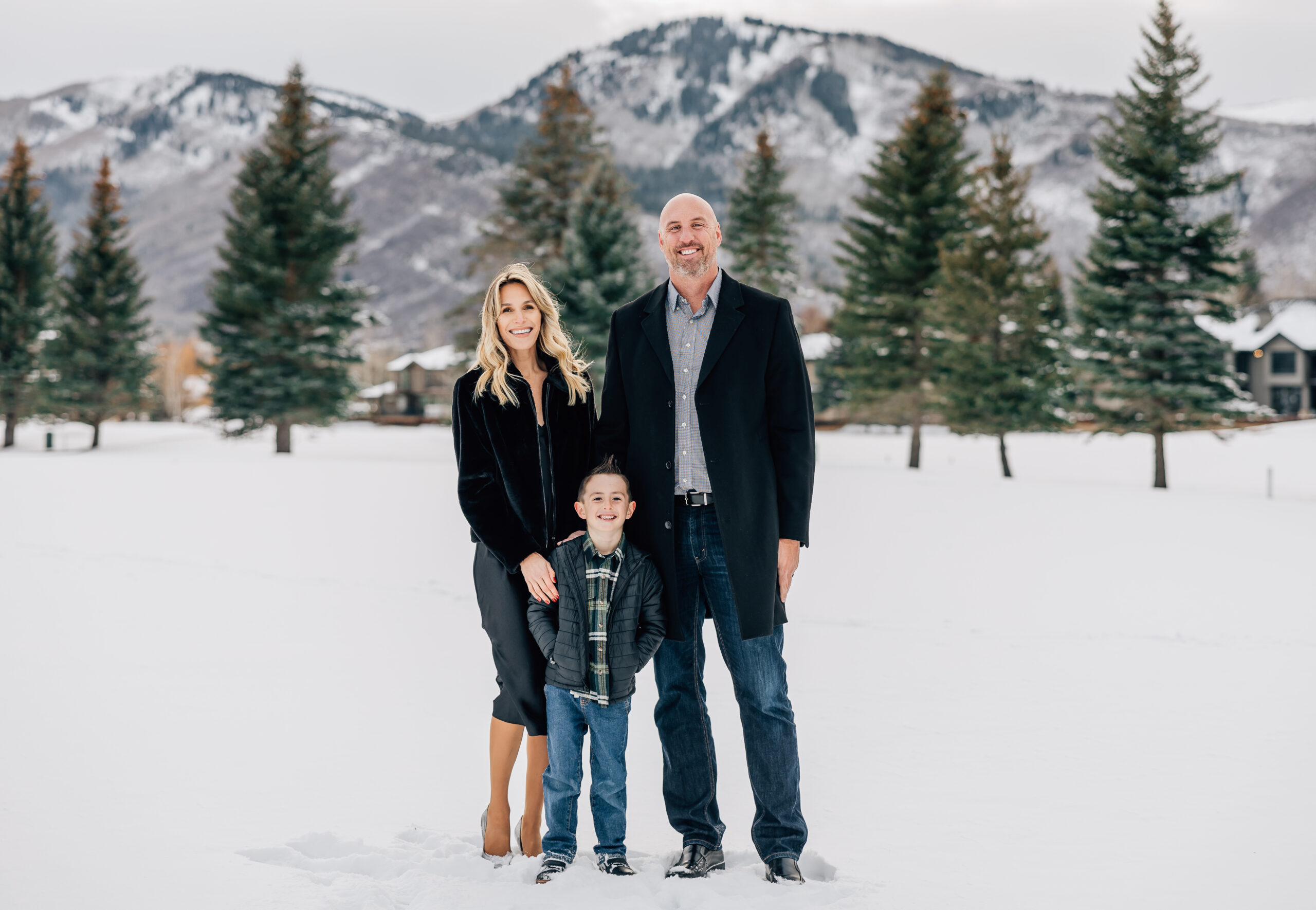Bussiness
Labour vows to ‘pull up shutters’ for small business

Labour has promised to “pull up the shutters” for small businesses and entrepreneurs if it is elected in the UK general election.
On Friday, the party said it would overhaul the business rates system to help High Street shops, as well as cracking down on the late payment of invoices.
Labour leader Sir Keir Starmer said that “hard-working small businesses have been held back”.
The party first put forward a plan outlining how it wants to support Britain’s small businesses back in November.
It has drawn praise from trade bodies for its proposals around the business rates system, which sets out taxes payable on commercial properties like shops or cafes.
But it is not immediately clear what Labour would replace business rates with.
It has reiterated its commitment to stamping out the late payment of invoices by forcing large businesses to report on their payment practices by passing new legislation, as well as revitalising High Streets by cracking down on antisocial behaviour.
Tina McKenzie, policy chair at the Federation of Small Businesses (FSB), said it was “good to see late payment addressed by Labour” and that eyes would now “turn towards its manifesto launch to see if the party takes a pro-small business approach”.
Previous research by the FSB has suggested that more than half of small businesses it surveyed in 2022 had experienced late payments in the three previous months.
On Friday, Labour said it would also look at guaranteeing access to High Street banking services for smaller firms by accelerating the establishment of banking hubs.
Speaking ahead of a small-business themed event held by Labour on Saturday, Sir Keir said that entrepreneurs had faced economic instability due to “Conservative chaos”.
However, Business Minister Kevin Hollinrake said that “Rishi Sunak and the Conservatives have a record of taking bold action to support small businesses”.
He pointed to previous measures taken by the government, such as freezing business rates for hospitality venues during the pandemic when trade was hit by lockdowns.
Drew Hendry, the economy spokesperson for the SNP, suggested that Labour’s plans were “empty promises” for Scottish small business owners.
He added that the SNP had already established the Scottish National Investment Bank, but called for the removal of “red tape, higher costs and worker visa blocks created by Brexit”.
Meanwhile, a spokesperson for the Liberal Democrats said that the Conservative party had “completely let down business owners time and time again”, and that it would also look at “overhauling” the business rates system.










